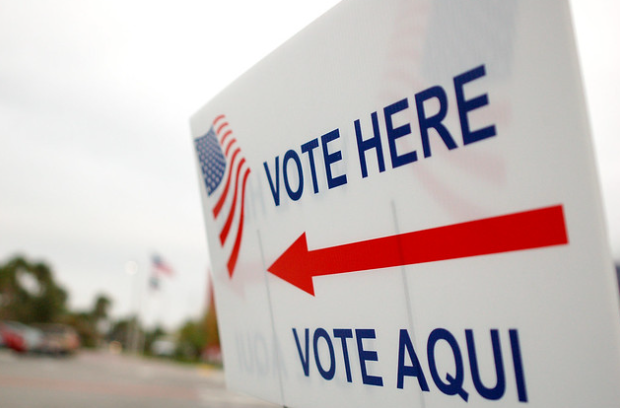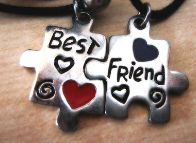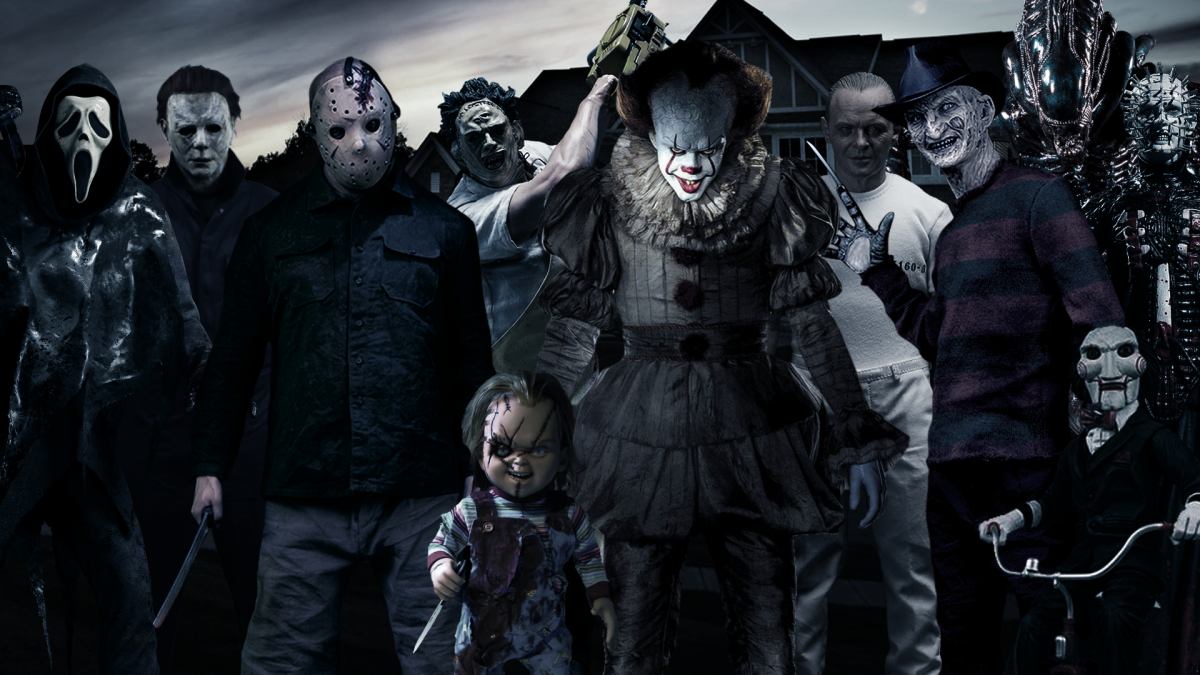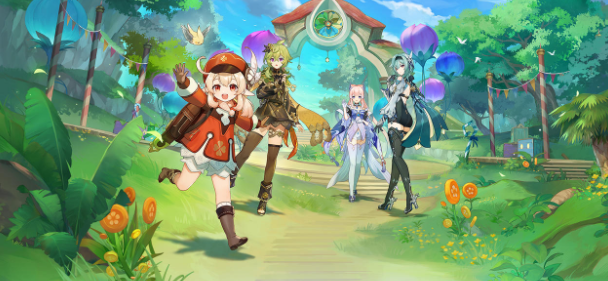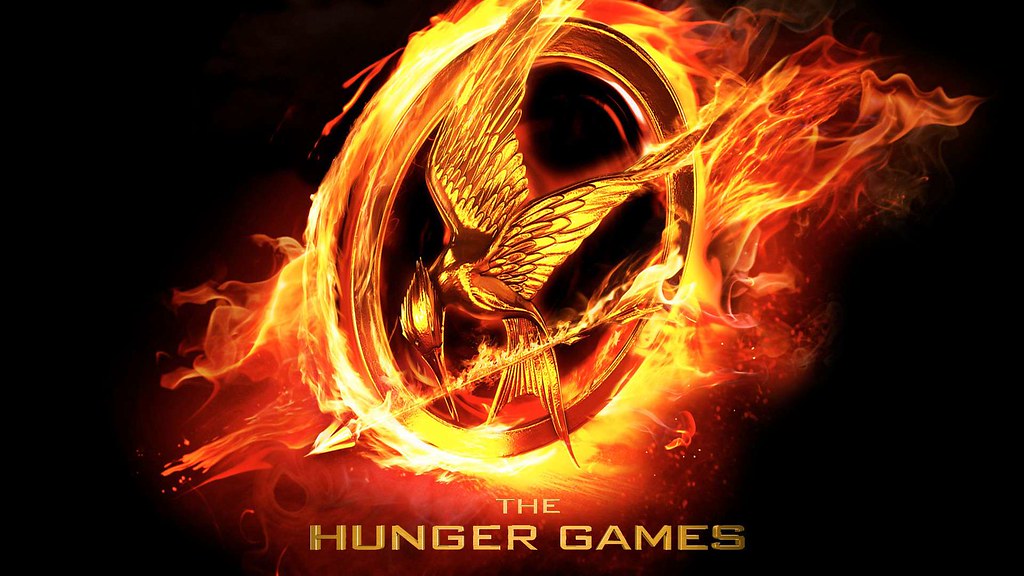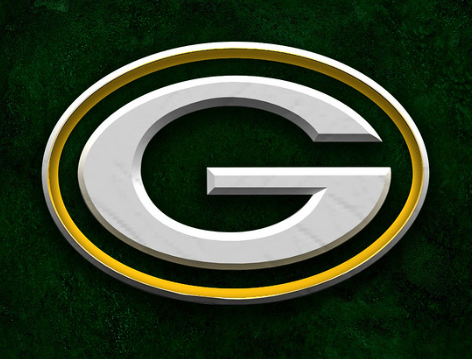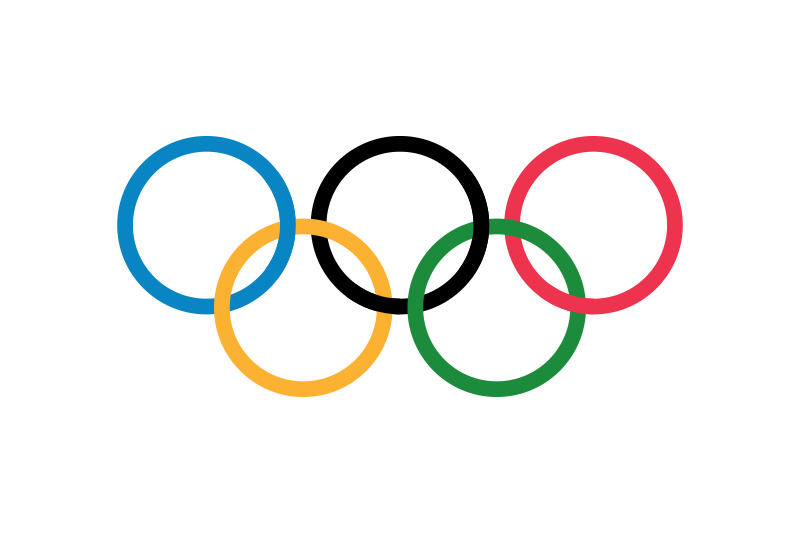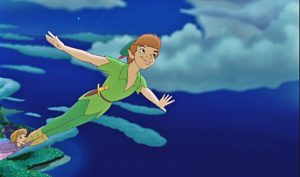How Did the Olympic Games Begin?
November 8, 2020
Have you ever wondered how the very first Olympic Games begin? Will if you didn’t, or if you did, we will find out today! If you don’t know what the Olympic Games are, I’ll explain. The Olympic Games is an event/tournament that has superior sports players from different countries play against each other. The Olympic Games happen every four years. The Summer and Winter Olympics get held every two years. Like every leap year, for example, the Summer Olympics (2000,2004,2008) Winter Olympics (2002,2006,2010). In my source, it states, “The Olympic Games, which originated in Ancient Greece as many as 3000 years ago, were revived in the late 19th century and have become the world’s preeminent sporting competition”, which is almost unbelievable. 3,000 years ago! That was such a long time ago. Thinking about that, it makes you wonder how did they do all of this? Like how they had all their resources and how they first started. In my source, it also states, “The first written records of the ancient Olympic Games date [back] to 776 B.C. when a cook named Coroebus won the only event–a 192-meter footrace called the stade (the origin of the modern “stadium”)–to become the first Olympic champion. However, some people think that the Games had been going on for many years by that time. Legend has it that Heracles (the Roman Hercules), son of Zeus and the mortal woman Alcmene, founded the Games, which by the end of the 6th century B.C had become the most famous of all Greek sporting festivals. The ancient Olympics were held every four years between August 6 and September 19 during a religious festival [that was] honoring Zeus.” You likely never would have thought that all of this is behind the Olympic Games. It’s fascinating if you think about it. The name is titled Olympic because that is where everything first started. The Olympic Games got named for their location at Olympia. The first modern Olympics took place in Athens, Greece, in 1896. At the opening ceremony, 280 participants from 13 nations (all male) got welcomed by King Georgios I and a crowd of 60,000 spectators to participate in 43 sports. Those including track and field, gymnastics, swimming, wrestling, cycling, tennis, weightlifting, shooting, and fencing, except when no games take place, for example, in 1916, during the First World War, and during the Second World War in 1940, 1944. All lower talented Olympians got numbered. The five interlocking colored circles are the official symbols of the modern games. The colors reflect the continents of North and South America, Asia, Africa, Europe, and Australia. At the Antwerp Games in 1920, the Olympic flag holding this symbol on a white background flew for the first time. After 1924, when the Eighth Games got held in Paris, the Olympics did well as an international sporting event. That year, around 3,000 athletes competed (with more than 100 women among them) from 44 nations. And for the first time, the Games featured a closing ceremony. The Winter Olympics debuted that year, including such events as figure skating, ice hockey, bobsledding, and the biathlon. Eighty years later, when the 2004 Summer Olympics returned to Athens for the first time in more than a century, nearly 11,000 athletes from a record 201 countries competed. In a gesture that joined both ancient and modern Olympic traditions, the shot put competition that year got held at the site of the classical Games in Olympia.













